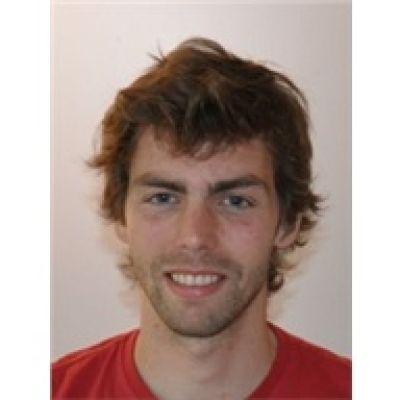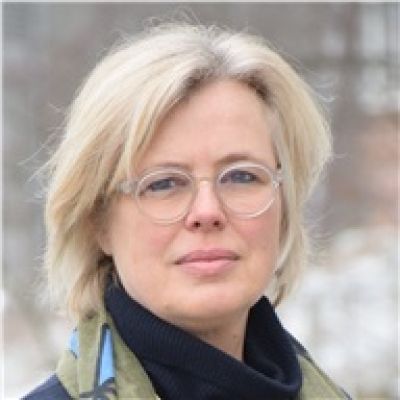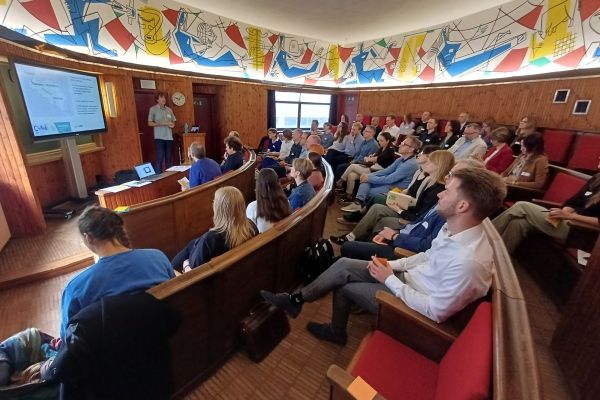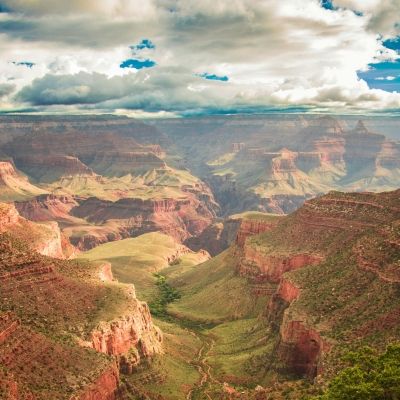Sand extraction pits in Dessel and Mol are becoming climate ponds
The Flemish government aims to improve water security in Flanders through the Blue Deal initiative, focusing on retaining and reusing water. In the Vlaanderen WaterProof project, VITO is exploring possibilities to safeguard groundwater reserves through smart water management and additional water storage. The sand extraction pits in Donk (Dessel) and Rauw (Mol) are part of the 'KlimaatPlassen' (climate ponds) demonstration area. Over the next 12 months, VITO and Pidpa will conduct measurements and tests to determine how much water can be stored in these pits and how this water can be utilized as an alternative water source for industry or agriculture or as raw water for drinking water production.
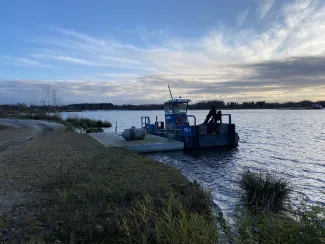
If it rains today, a significant portion of this precipitation flows directly into our waterways and disappears into the sea through canals or the sewer system. Climate change is leading to more frequent periods of drought followed by heavy rainfall. The limited replenishment of groundwater increases pressure on our water system. It is essential that we change our approach to water by not rapidly draining rainfall into the sea but rather by better retaining and reusing water.
A scientific study conducted by VITO indicates that the sand extraction pits in the Kempen region can play a role in improving water security in the area. In the Vlaanderen WaterProof project, we are working with two of these pits: the Donk pit in Dessel and the Rauw pit in Mol.
Donk pond in Dessel
For the Donk Pond (located near Tabloo on Gravenstraat in Dessel), VITO plans to build a controllable weir in 2024. This weir, located at the overflow point of the quarry, will allow the buffering of up to 150,000 m³ of water (equivalent to the annual water usage of over 2,000 households) for use during dry periods. Additionally, the daily overflow rate of approximately 10,000 m³ (equivalent to the daily usage of more than 85,000 households) can serve as an alternative water source when not needed for supplying the Witte Nete.
Starting in October 2023, Vlaanderen WaterProof will initiate a participatory process to explore who can benefit from this buffered water as a sustainable alternative water source. Initially, businesses in the KMO-zone Stenehei and nearby agriculture will be considered. Another possibility is directing the overflow from the Donk Pond into the Witte Nete. By controlling the pond's overflow, we can maintain the Witte Nete's base flow and protect vulnerable aquatic species and plants within the watercourse.
Rauw in Mol
Currently, a substantial volume of groundwater continuously flows from the Rauw Pit to the Dessel-Kwaadmechelen Canal. Water quality analyses indicate that the water in the Rauw Pit is of good quality and could potentially be used for drinking water production. To understand the necessary water purification steps, Pidpa and VITO are conducting pilot tests. One advantage of using overflow water as a raw water source is that extracting this water has no significant impact on the environment. If the results are favorable, the next phase will explore whether this water can be used for drinking water production in the long term.
Not additional water, but a sustainable alternative water source.
Vlaanderen WaterProof aims to enhance water security during dry periods. However, water buffering should not be seen as a license to increase water consumption. Prudent water management remains the message for all users. The additional water buffer from the Climate Ponds can indeed serve as a sustainable alternative to the current use of groundwater.
Partners
Within the KlimaatPlassen demonstration area, VITO collaborates with Governor Cathy Berx, Sibelco, Pidpa, the Flemish Environmental Agency, Voka Mechelen-Kempen, the Province of Antwerp, the Flemish Waterway Authority, the Agency for Nature and Forest, the municipality of Mol, and the municipality of Dessel.




